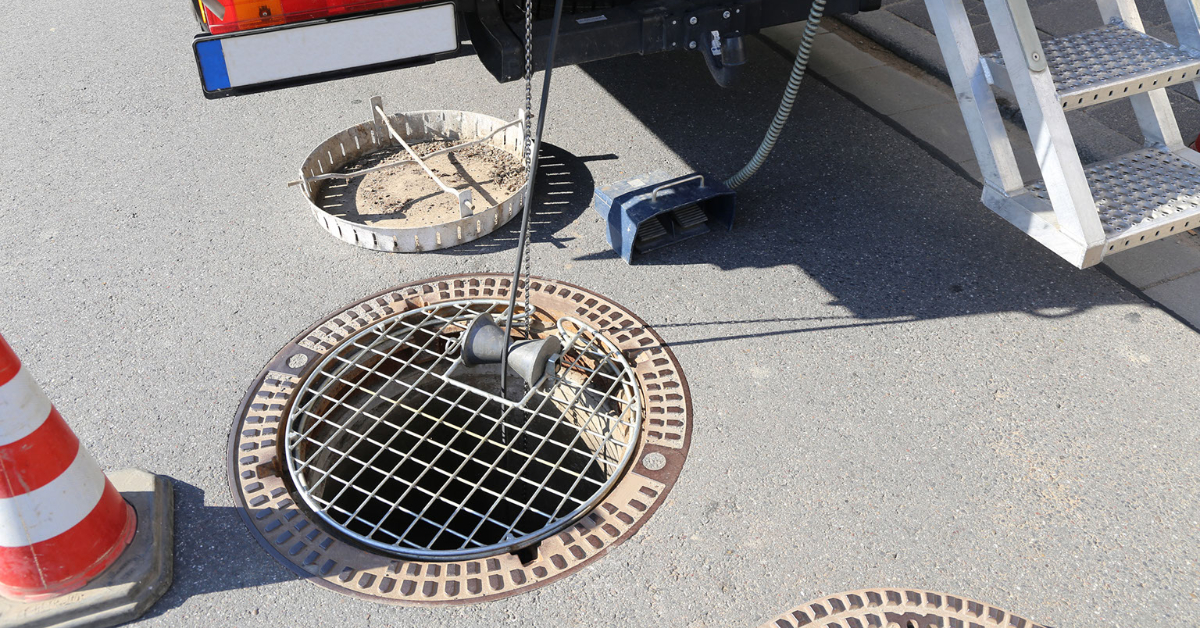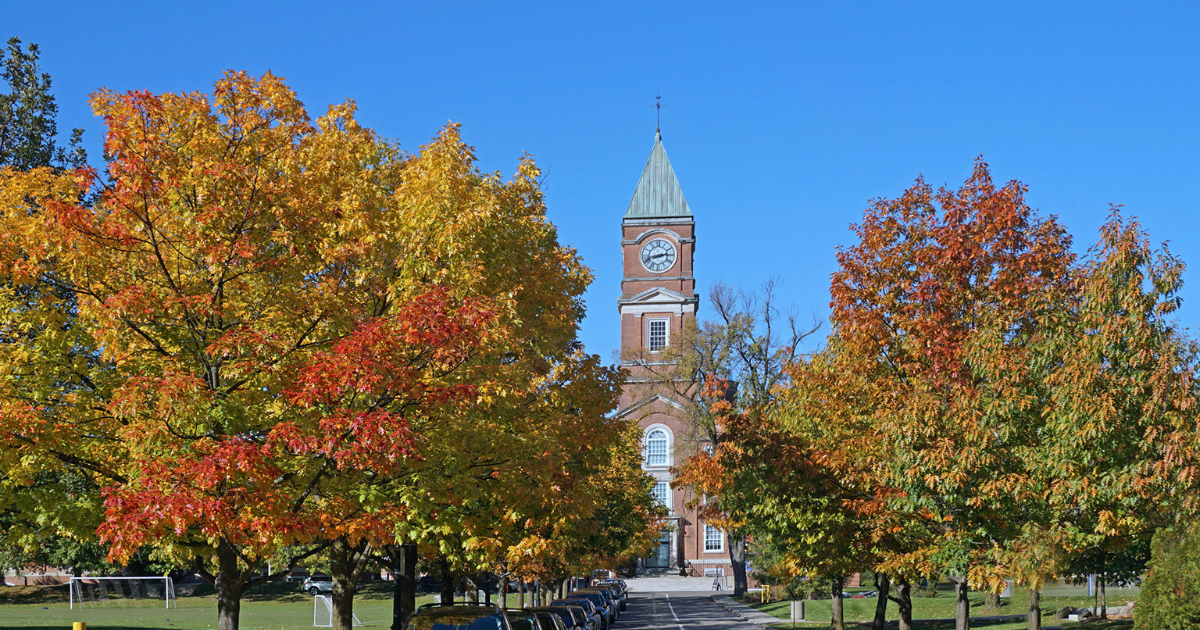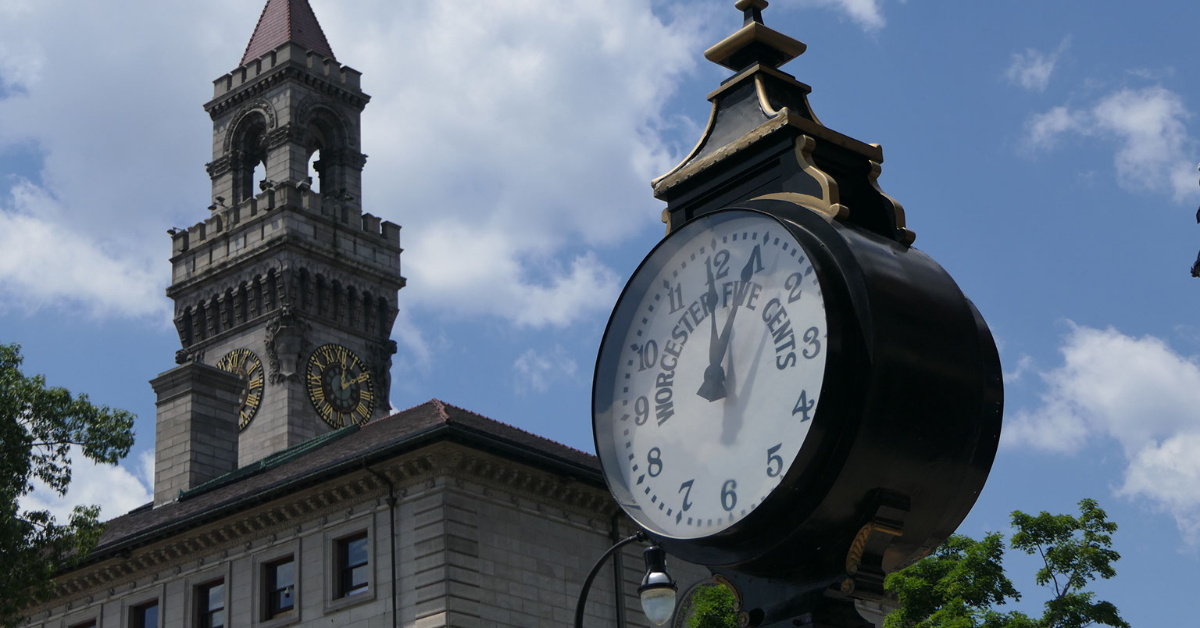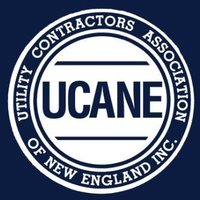
Did you know that the purpose of a catch basin is to collect trash, and other debris from entering into a drainage system? Having your catch basins, also known as storm drains, cleaned on a regular basis is important due to the fact that they help prevent, and significantly limit the amount of pollutants that enter into the storm sewer. These pollutants can eventually make their way to local waterways such as streams, rivers, and the ocean. Another key function is to relieve surface areas from heavy influxes of water from rainstorms and melting snow runoff.
If the catch basin grates are blocked by leaves, trash, sediment, and the buildup of other materials it can lead to blockages that eventually result in area flooding. The elimination of sediments, debris, and materials from your catch basins helps to ensure that your drainage system is functioning properly. In turn, this can significantly reduce the likelihood of flooding in areas such as parking lots, and city streets. Regular maintenance of your catch basins will significantly reduce the risk of contaminating the local waterways.
Since you are ultimately responsible for any catch basins located on your residential, commercial, or industrial property, it is also important to maintain them from a financial risk standpoint. In essence, you may very well be footing the cleanup bill if your catch basins end up polluting the environment. Now that you know how important it is to maintain your catch basins, the question that remains is how often should you have them cleaned? The following information will answer that question for you.
When Should You Have Your Catch Basins Cleaned?
The common mistake that a great deal of property owners make is waiting to have their catch basins cleaned until there is a visible need. For example, if the grate is already blocked, or water has been backing up, the catch basin cleaning should have already taken place. The philosophy behind setting up a regularly scheduled catch basin cleaning is to prevent any problems from occurring in the first place. In essence, have your catch basins cleaned before they become blocked.
This will enable water flow to continue through the drain as needed. You also need to keep in mind the amount of use that you catch basins go through, especially in the spring when the snow melts, and during summertime rainstorms that are caused by the high humidity. A good rule of thumb is to have your catch basins cleaned on a yearly basis. That being stated, if you own or operate a business that dumps water and debris into the catch basins on a regular basis, you should have them cleaned more frequently.
It is far more cost effective to schedule a regular cleaning instead of waiting for something to go wrong. The bottom line is that if you neglect to have your catch basins cleaned they will eventually back up and flood the surrounding area.
Always Hire A Professional To Clean Your Catch Basins
Cleaning a catch basin in the correct manner requires the proper training, experience, and equipment. It is highly suggested that property owners do not attempt to take on the tasks themselves. It is just as important for property owners to avoid hiring a non-expert. Although a professional catch basin cleaning does cost money, it will end up saving you a significant amount of money, time, and aggravation in the long run. For example, if your catch basins are not cleaned properly, it could very well lead to flooding and/or damage to the basin or structure. A professional catch basin cleaning is a cost effective way to avoid that from happening.
In conclusion, part of being a responsible property owner is properly maintaining your catch basins, and having them cleaned on a regular basis will go a long way in accomplish this. If you have any questions about catch basin inspections and maintenance, or would like to schedule service we are happy to help. Jolin Paving & Excavating, Inc. is your New England connection for a vast variety of environmentally related services. Our company has been serving Boston Massachusetts, Southern NH, VT & ME as well as Northern CT & RI since 1952. Please Contact us to learn more today.
continue reading






